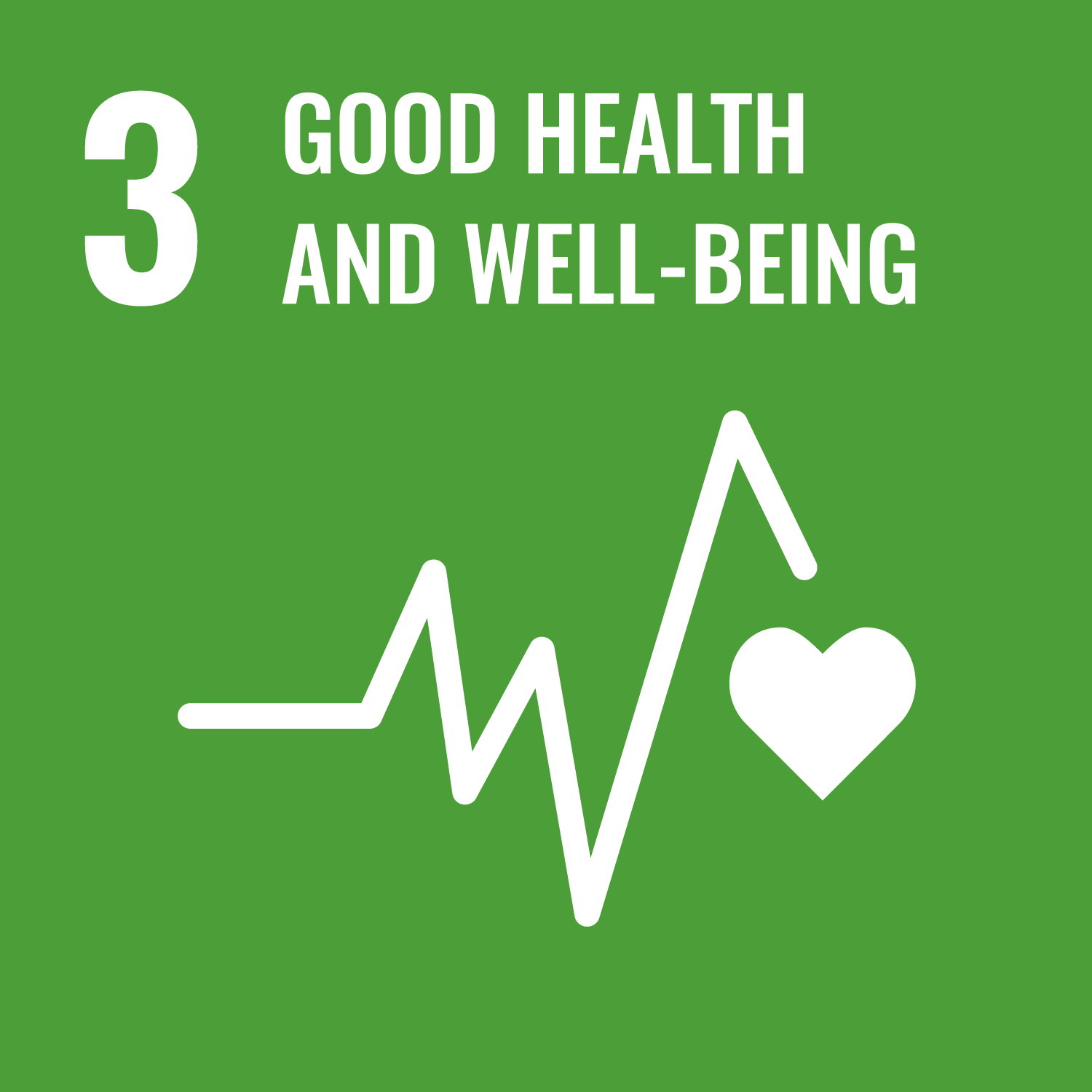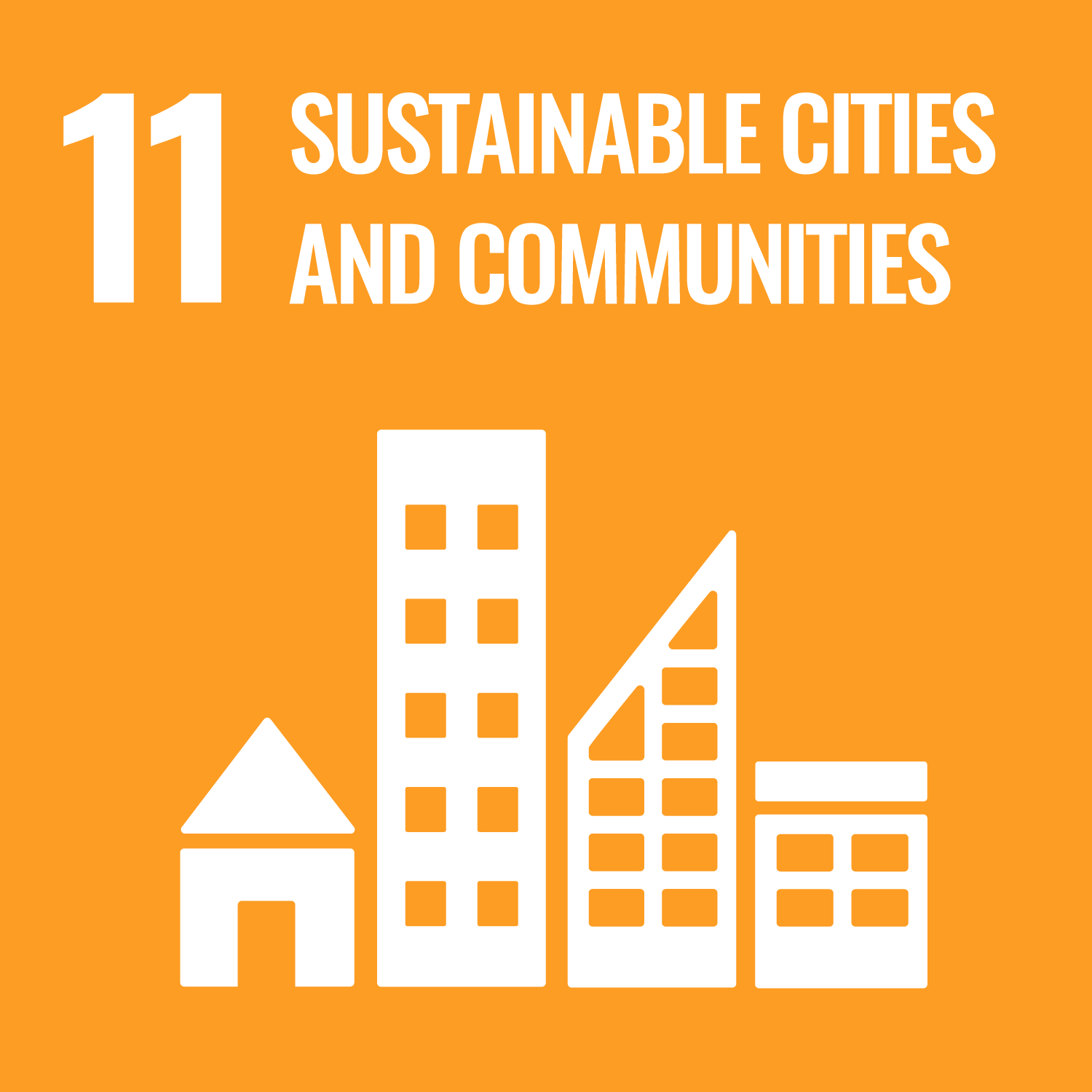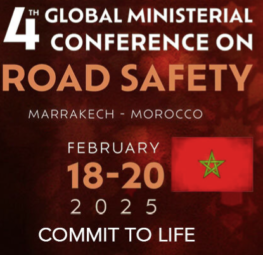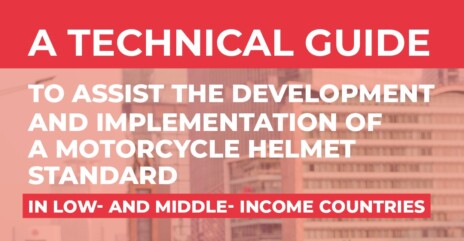Road safety to be targeted through strategic advocacy
Did you know that around the world road traffic injury is the number one leading cause of death for people between the ages of 15-29, and that about 1.3 million people die each year as a result of road traffic injuries? The number of deaths, and the massive impact on individuals, families, health care systems and the economy for those who survive crashes, is immeasurable.
People in ‘developed’ countries often take for granted the safety rules that have been put in place and tightened over the years to save lives. Behaviours such as: wearing a helmet while riding a motorbike for rider and passenger; no more than two people on a bike; not carrying small children on a motorbike; wearing seatbelts in the front and back seats of cars; not driving or riding after drinking alcohol and not speeding, have been enforced for decades. The financial and social penalties are high and serve as a major deterrent to these types of behaviour.
In countries such as Cambodia, it’s common for motorcycle passengers, including children, to ride without helmets and for more than two people to be on the motorcycle.
In Vietnam, while most motorcycle riders wear helmets, they are not of a good standard. Few are designed to protect the head and prevent head injuries in the event of a crash.
While these actions are risky, no laws exist to prevent this type of behaviour. These gaps in road safety legislation mean road users are vulnerable to crashes, injuries and fatalities.
IFRC and its hosted programme, The Global Road Safety Partnership (GRSP), have been working together to address this problem and in June held a pilot workshop on road safety advocacy with three National Societies from the Asia-Pacific Region – Vietnam, Cambodia and China.
 Known as the Road Safety Advocacy project and funded by the Bloomberg Philanthropies, the objective is for National Societies to use humanitarian diplomacy and their unique auxiliary status to support decision makers and opinion-leaders to contribute to a reduction in death and injury on the roads. Through their efforts the expected outcome is that governments adopt or strengthen laws or policies to address key gaps in road safety.IFRC Advocacy and Campaigns officer, Jessica London, from the regional delegation in Bangkok, says one of the key components of the workshop was helping participants to identify how legislative change takes place.
Known as the Road Safety Advocacy project and funded by the Bloomberg Philanthropies, the objective is for National Societies to use humanitarian diplomacy and their unique auxiliary status to support decision makers and opinion-leaders to contribute to a reduction in death and injury on the roads. Through their efforts the expected outcome is that governments adopt or strengthen laws or policies to address key gaps in road safety.IFRC Advocacy and Campaigns officer, Jessica London, from the regional delegation in Bangkok, says one of the key components of the workshop was helping participants to identify how legislative change takes place.
“Every context is different. But the stepping-off point for beginning to advocate effectively is knowing the political process for change. It can be done either informally or formally, but the process must be known first,” Jessica says.
“Advocacy needs to be strategic, which means analyzing the country-specific situation such as the policy environment, the legislative process and stakeholder priorities, attitudes and their position on the advocacy issue.”
Participants at the pilot training included national society road safety staff, GRSP country staff and IFRC representatives from both the SEA regional delegation and the Vietnam Delegation.
Through a series of interactive exercises, the participants explored the concepts of humanitarian diplomacy and advocacy and the link to road safety,analyzed the legislative process, reviewed key advocacy tools and activities and how to develop targeted messages, in addition to strategic planning.
Mr Sam Kosal, Deputy Director of Human Resources at Cambodia Red Cross said“This workshop made us feel confident and made us realise the benefits of working with the high level of government in the field of road safety and/or other Cambodian Red Cross services.”
GRSP Advocacy Coordinator, Ryan Duly, says the pilot workshop was “a useful forum for participants to share their concerns and how to overcome them as the National Societies embark on this new project. Learning will be captured which we hope could be useful for other National Societies interested in conducting road safety advocacy in their countries.”
“This workshop marks the start of a dedicated series of technical support initiatives from GRSP and IFRC to the national societies including media advocacy training, technical road safety training, seminars on relevant topics such as political mapping, and other targeted trainings and coaching.”
Ms Dao Thi Thanh Tam, Director, Health Care Department at Viet Nam Red Cross said, “This workshop provided us with an opportunity to learn new theoretical knowledge and discuss practical issues raised when implementing an advocacy project with colleagues from other countries. The content was really in-depth with excellent performance of presenters.”
To find out more, contact ryan.duly@ifrc.org
Related news






